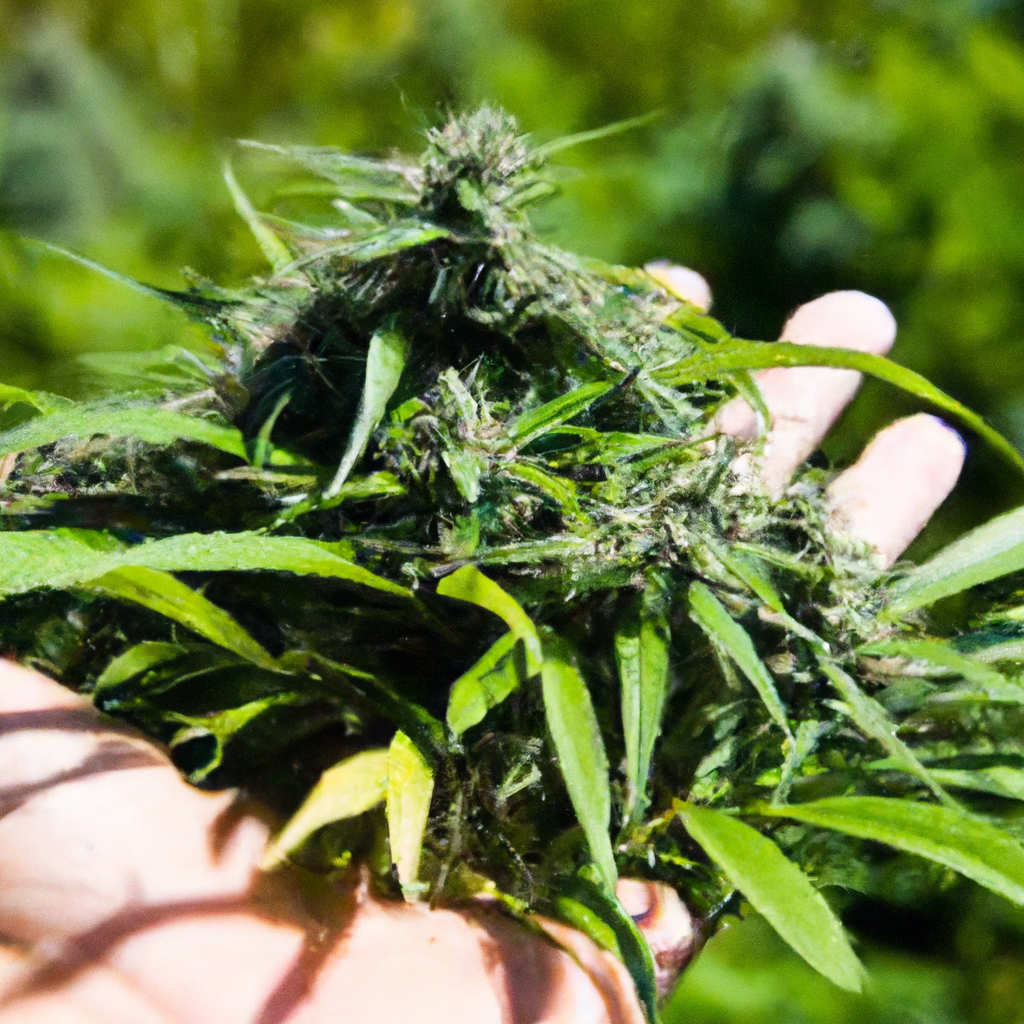Your cart is currently empty!
As cannabis enthusiasts and cultivators continue to explore sustainable practices, organic growing methods present a compelling, eco-friendly alternative to synthetic counterparts. Integrating natural fertilizers, compost, and pest control not only benefits the environment but also enhances the quality of the final product. In this article, we’ll explore best practices for organic cannabis cultivation, focusing on building vibrant soil ecosystems and promoting sustainability.
Building a Healthy Soil Ecosystem
The foundation of any successful organic cannabis grow lies in its soil. A healthy soil ecosystem is rich in nutrients and teeming with life, providing cannabis plants with a strong, supportive environment.
- Compost: Utilize compost to enrich your soil with essential organic matter. It improves soil structure and provides a continuous supply of nutrients as it breaks down.
- Cover Crops: Plant cover crops like clover or alfalfa to improve nitrogen levels naturally and prevent soil erosion.
- Beneficial Microbes: Introduce beneficial microbes to enhance nutrient availability and boost plant resilience against disease.
Avoiding Synthetic Chemicals
Organic cultivation excludes the use of synthetic fertilizers and pesticides. These chemicals can harm the local ecosystem and linger in the cannabis product, potentially affecting consumer health.
- Natural Fertilizers: Use options like worm castings, fish emulsion, or bat guano, which naturally provide essential nutrients without harming the environment.
- Crop Rotation: Practice crop rotation to naturally restore soil nutrients and disrupt pest and disease cycles.
Effective Natural Pest Control Methods
Managing pests using organic methods is crucial in maintaining the sustainability of a cannabis grow operation.
- Companion Planting: Integrate companion plants such as marigolds or basil, which deter common pests.
- Neem Oil: A natural pesticide that is effective against a range of pests without harming beneficial insects when used correctly.
- Beneficial Insects: Introduce predatory insects like ladybugs or praying mantises to naturally keep pest populations under control.
Sustainable Practice Benefits
Opting for organic growing methods plays a crucial role in promoting sustainability. It reduces reliance on non-renewable resources and lowers the carbon footprint of cultivation operations.
- Improves soil health and biodiversity.
- Minimizes chemical runoff into local waterways.
- Produces safer, higher-quality cannabis products for consumers.
Conclusion
Embracing organic cannabis cultivation offers a range of benefits for the environment and the consumer. By focusing on building robust soil ecosystems, utilizing natural fertilizers, and employing eco-friendly pest control methods, growers can contribute to a sustainable future while producing superior-quality cannabis. As the industry evolves, integrating these practices becomes essential for those aiming to cultivate cannabis responsibly.
Tags: Organic, Sustainable Practices, Natural Fertilizers, Pest Control, Ecosystem Building
Discover more from Magic Clones
Subscribe to get the latest posts sent to your email.


Leave a Reply